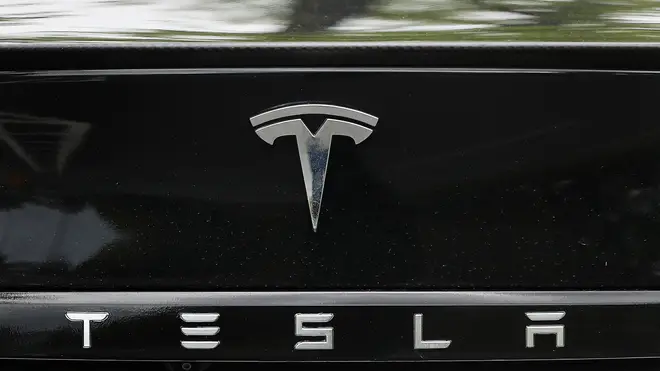
Matt Frei 10am - 1pm
28 April 2021, 00:54

Ten questions answered on the technology being allowed on Britain’s roads this year.
Self-driving cars could appear on Britain’s motorways this year.
Here, the PA news agency answers 10 key questions about the technology:
– What is this all about?
The Government has set out how a vehicle with an automated lane keeping system (ALKS) could legally be classed as self-driving.
– What does that mean for motorists?
Drivers will be able to take their hands off the wheel and stop paying attention to the road.
– When and where will this happen?
It will be permitted later this year on motorways with traffic jams.
Cars will have a maximum speed of 37mph in self-driving mode.
– How does ALKS work?
The system varies between manufacturers, but generally involves the use of cameras and sensors to keep a vehicle moving in its lane without hitting other road users.
– Does someone need to be in the driver’s seat for it to operate?
Yes. The system will only work if someone is behind the wheel with their seatbelt fastened.
– What happens if there is an incident?
The Department for Transport says that when ALKS detects an “imminent collision risk”, it carries out an “emergency manoeuvre” which can involving braking or evasive action.
– Is it safe?
The Government claims it can “improve road safety by reducing human error”.
The system also requires a driver to be able to take back control within 10 seconds if a problem is detected.
– What happens if the driver fails to respond?
The car will slow down, its hazard lights will begin flashing and its infotainment system will turn off.
– What has been the response to the Government’s announcement?
The automotive industry has described the policy as a welcome boost, but some motoring groups are concerned about whether enough testing has been done to allow hands-free driving.
– Does this mean driverless cars have arrived?
Not quite. Experts believe it will be several years before fully autonomous vehicles are allowed on UK roads, with some questioning whether they will ever be a reality.